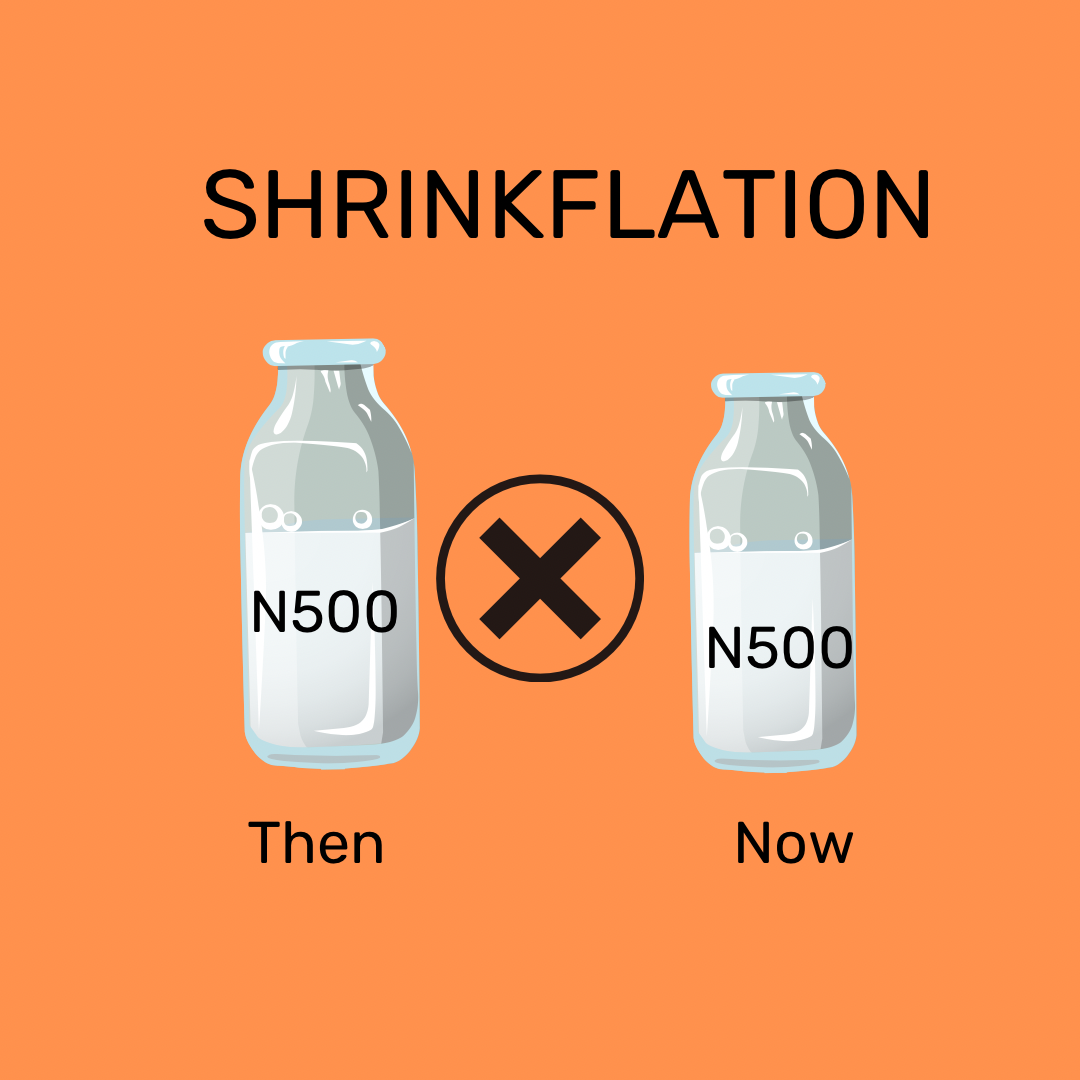Eight seconds. Shorter than a goldfish. Everyone you know has probably heard this arbitrary number applied at some point to our demographic’s average attention span. It’s used to denounce the digital age, reminisce simpler times, and persuade youth to spend less time on their phones. Unfortunately, for anyone who has ever believed this to be true – it is not. Instead, the reality is that attention is difficult to quantify or measure by any means, and it involves a myriad of brain functions working in tandem. As a result, there has been no compelling evidence published that supports this so-called “8 second attention span”, though the myth’s devious believability has allowed it to continue to perpetuate. Why, then, does attention span – specifically regarding that of Gen Z – seem so much shorter than it used to be? Because in our era of information overload, anyone who thinks they deserve Gen Z’s attention now has just eight seconds to prove it.
Allow me to flesh this out a little bit more though. What, specifically, makes us different from other generations? It starts with how Gen Z has grown up with technology. We understand not only how to use our phones and laptops better than anyone else – but we are the dominant users of internet platforms as well. From Instagram to Snapchat to Tik Tok, Generation Z is omnipresent and extensive. Yet, we are still human – which binds us to the same 24 hours per day as everyone else. And that means that we always have an enormous amount of content to get through in that time, much more content than any previous generations have faced. This means that we have become extremely efficient digitally; all of us are personal content managers. The factors behind this key attribute which we possess can be divided into two important processes that Gen Z has refined: discernment and multitasking.
Discernment is another word for Gen Z’s bullshit detector. It allows us to focus on what’s important to each one of us. Who we text or Facetime, which shows we watch, and what news we consume are just a few of the infinitely many decisions that we make. To make these decisions, Gen Z must filter out the equally numerous amounts of media and information that vies for our attention. Noticeably, advertising’s shift to become more personal, minimalistic, and unintrusive has coincided with the growth of Generation Z. As our generation becomes an increasingly important customer and purchase influencer for companies, it is essential for marketers to understand how we decide what to give our attention to – and how to navigate our unique ability to filter out information.
With so much information available, it is inevitable that multitasking has practically become a necessity. In fact, the average Gen Z individual spends four hours per day multitasking digitally according to marketing research firm Ipsos. This means that they are constantly doing things like streaming Netflix while texting, listening to music while typing a paper, or gaming while talking to friends. Multitasking allows us to accomplish a lot more in the limited time we have – and we are able to divide our attention optimally because most tasks don’t require our full concentration. As a result, in the rare case where something receives 100% of our focus, that something must be incredibly special. With all of the ads that target us, those which miss the mark are easily disregarded and then forgotten. Marketers need to be both highly differentiated and captivating in order to leave an impression. Of course, there is no set formula to this – Gen Z is not a monolith, and our preferences change by the second. Each company, mission, and product that exists has its own needs and nuances within our lives. As such, it is the responsibility of companies and agencies to talk directly to us — and sincerely look to learn how to demand our unforgiving attention.
Source: Adweek







Comment
No comments found.